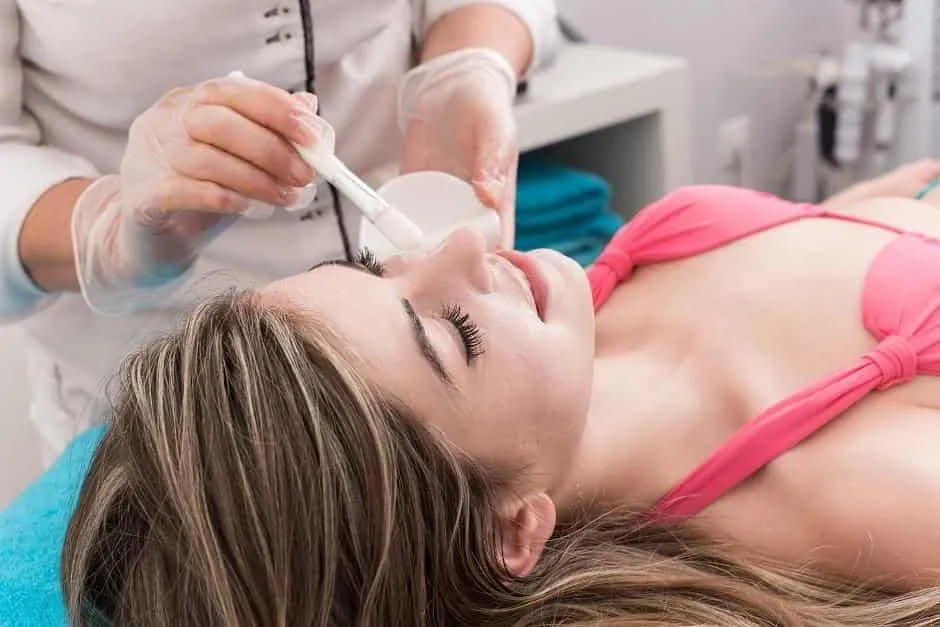A chemical peel makes use of a solution made of chemicals to eliminate layers of skin, which helps to reveal the more glowing, youthful skin beneath. Chemical peels are well-known
A chemical peel makes use of a solution made of chemicals to eliminate layers of skin, which helps to reveal the more glowing, youthful skin beneath. Chemical peels are well-known for lessening and improving fine lines, wrinkles, acne, scars, skin discoloring, and other sorts of skin imperfections like pigmentation and so on! Not to mention, different chemicals determine the depth of your peel and the kind of skin condition treated.
What is a chemical peel?
As already mentioned, a chemical peel, also known as chemexfoliation or derma peeling, utilizes a chemical solution to enhance the appearance of your facial skin. If you will go with this treatment, a solution of chemicals will be applied over your skin that will cause trauma or injury to your skin’s top-most layer. When the skin’s layer will start to peeling, it will help in revealing more youthful skin. To your knowledge, the brand new skin layer will be smoother with fewer fine lines and wrinkles. Moreover, the skin will be brighter and even more than before.
What conditions does a chemical peel treat?
When it comes to chemical peels, they are utilized to treat some of the other skin conditions or enhance your appearance by enhancing the tone and texture of your skin. Chemical peels are usually performed on your face, neck, or hands. They can assist you to lessen or enhance.
- Fine lines under your eyes or around your mouth and wrinkling caused by sun damage, aging, and hereditary factors.
- Certain types of acne.
- Mild scarring.
- Sunspots, age spots, liver spots, freckles, uneven skin coloring.
- Precancerous scaly spots are called actinic keratosis.
- Rough skin, scaly patches, dull complexion.
- Dark patches (melasma) due to pregnancy or taking birth control pills.
To analyze the depth of your peel, your specialist will work with you. Your joint decision can be different depending upon the condition of your skin and the objectives of your treatment. Sags, bulges, deep scars, deep facial lines, and more severe wrinkles aren’t responding properly to chemical peels. On the off chance, if these you are concerned expect cosmetic surgical processes, for example, carbon dioxide laser resurfacing, a facelift, brow lift, eye lift, or soft tissue filler would be greater. A skin specialist can assist you to choose the best treatment for your concerns.
Is a chemical peel good for all skin types?
Generally speaking, superficial peels can be utilized on all kinds of skin. Having said that; however, if your skin tone is on the darker side, there is a high risk of experiencing a darkening of your skin post the best chemical peels treatment. To your knowledge, this condition is called post-inflammatory hyperpigmentation. On the other hand, if you have a naturally darker skin tone, you may need to consider seeking advice in Richmond Hill about some other less aggressive treatments to lessen hyperpigmentation.
For more information, please feel free to get in touch with us. We are happy to help.




